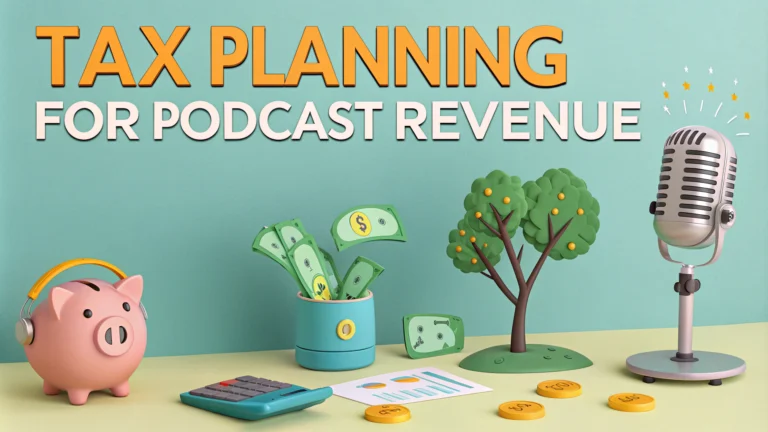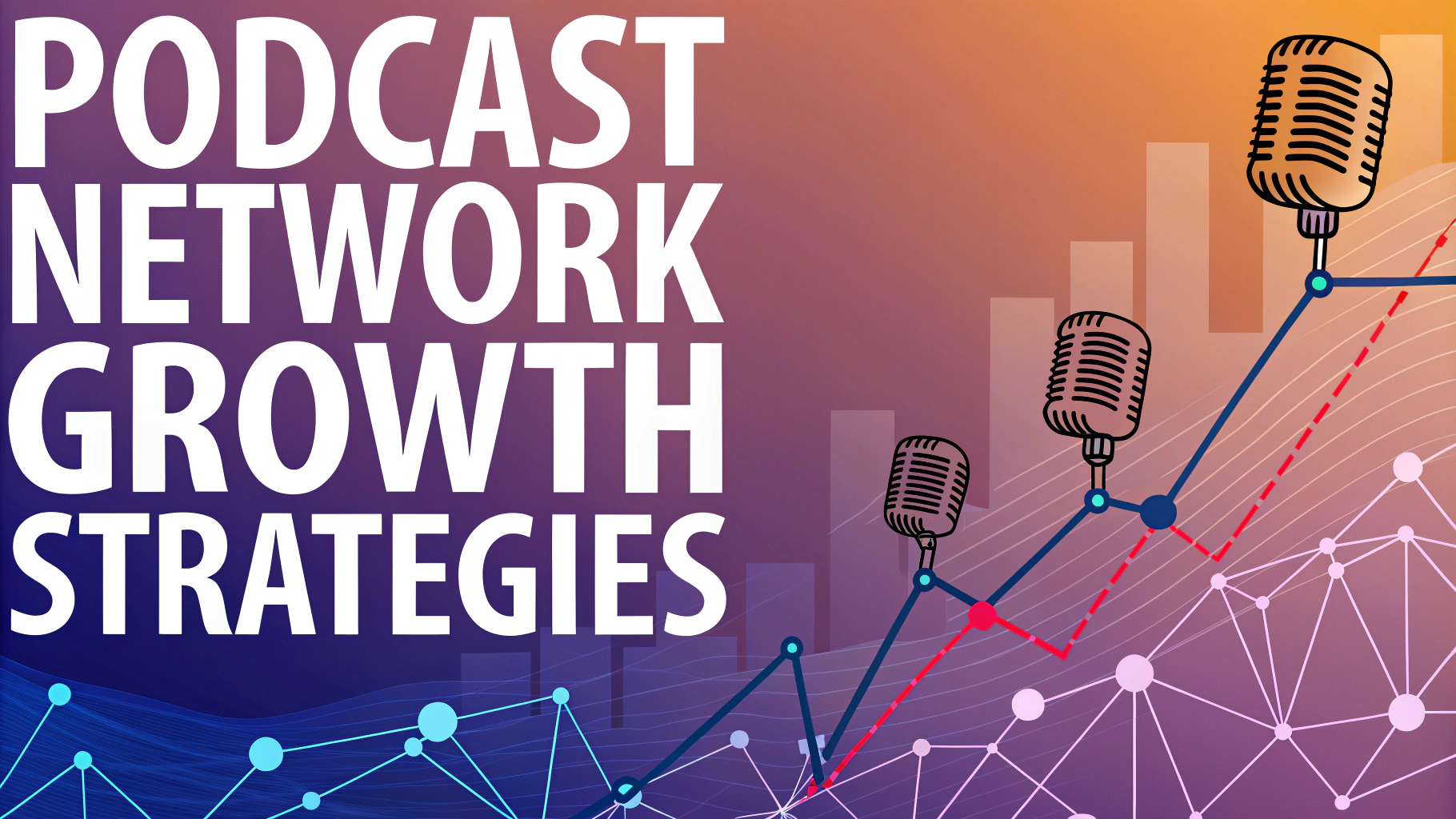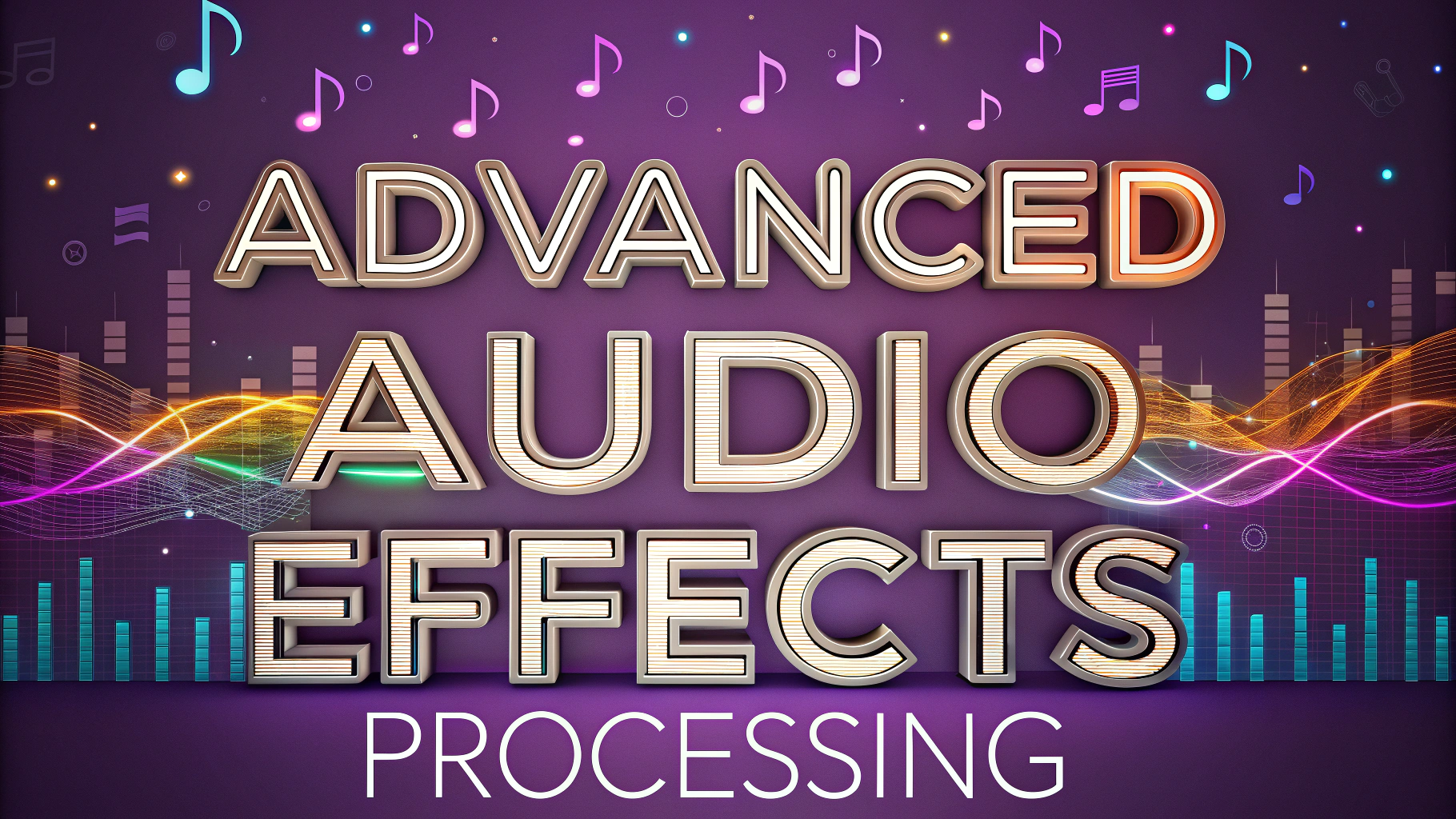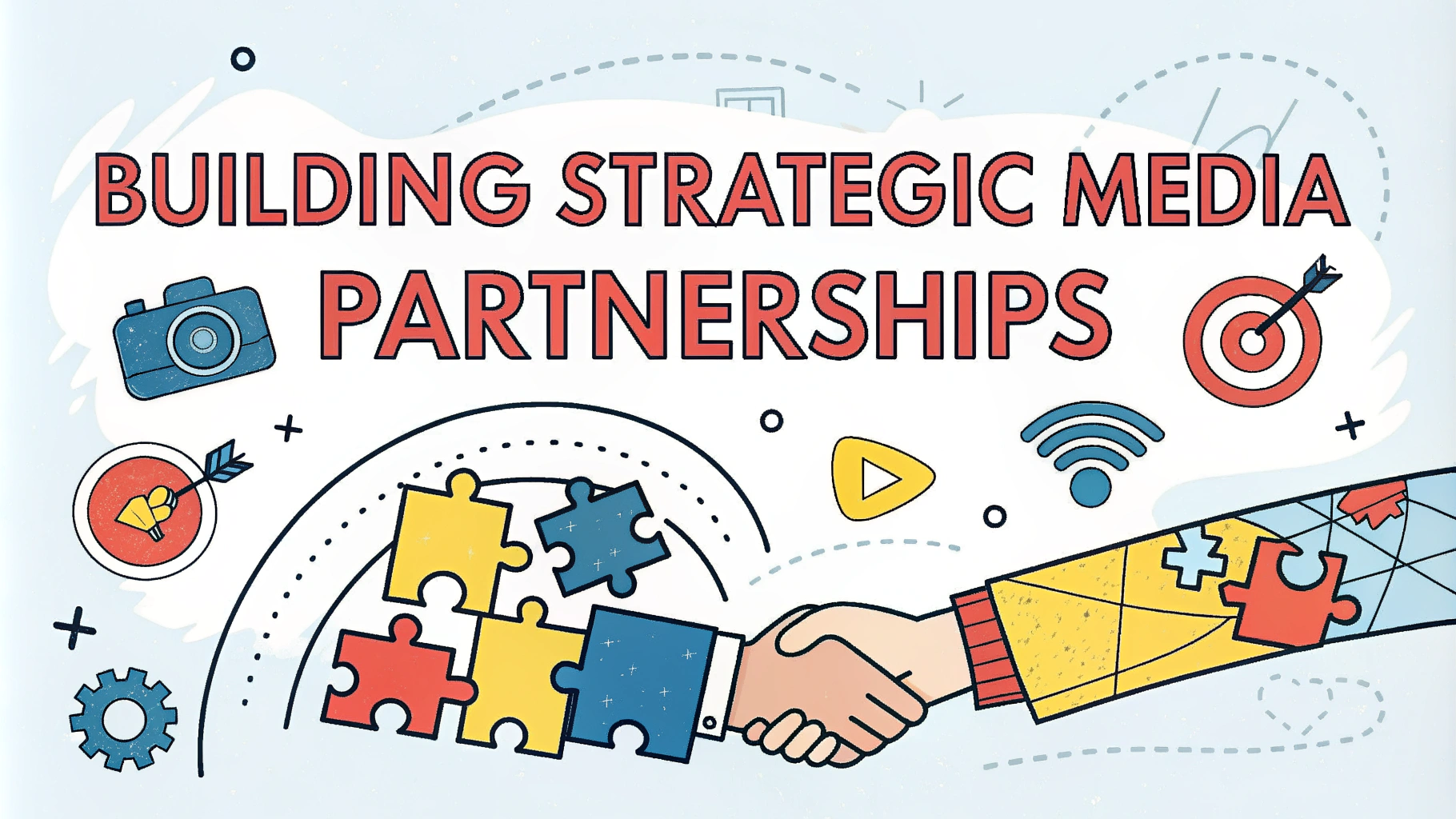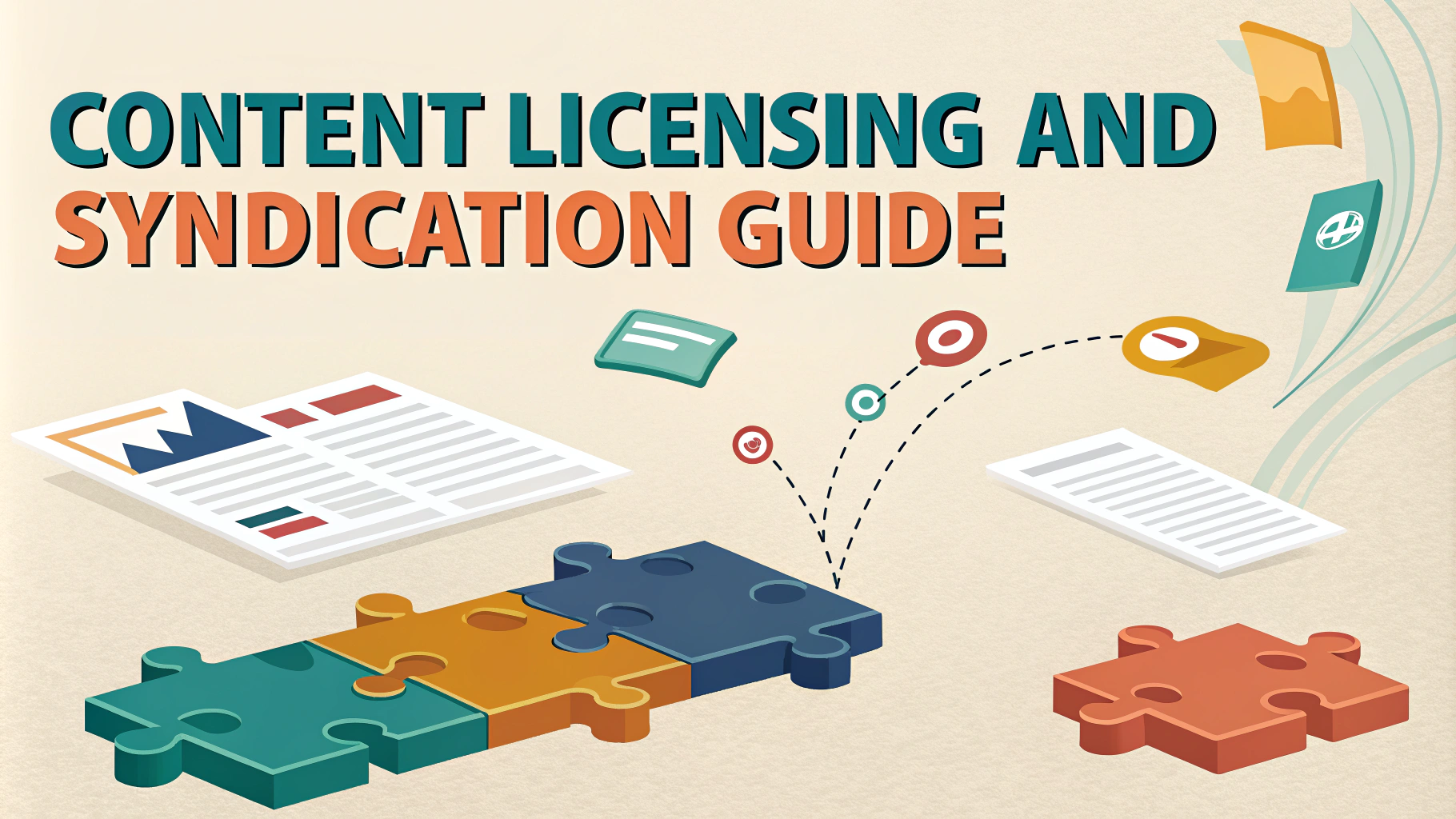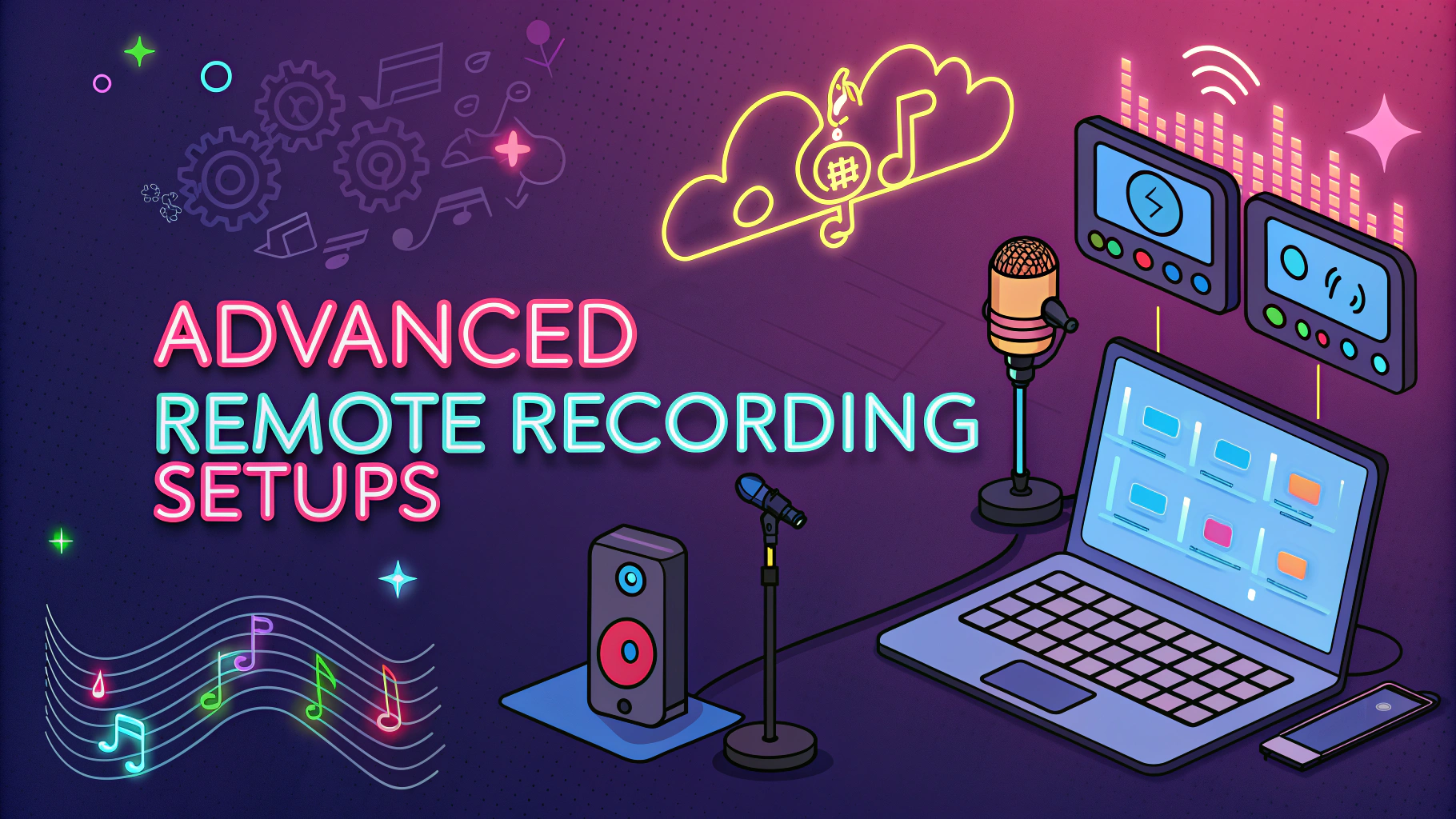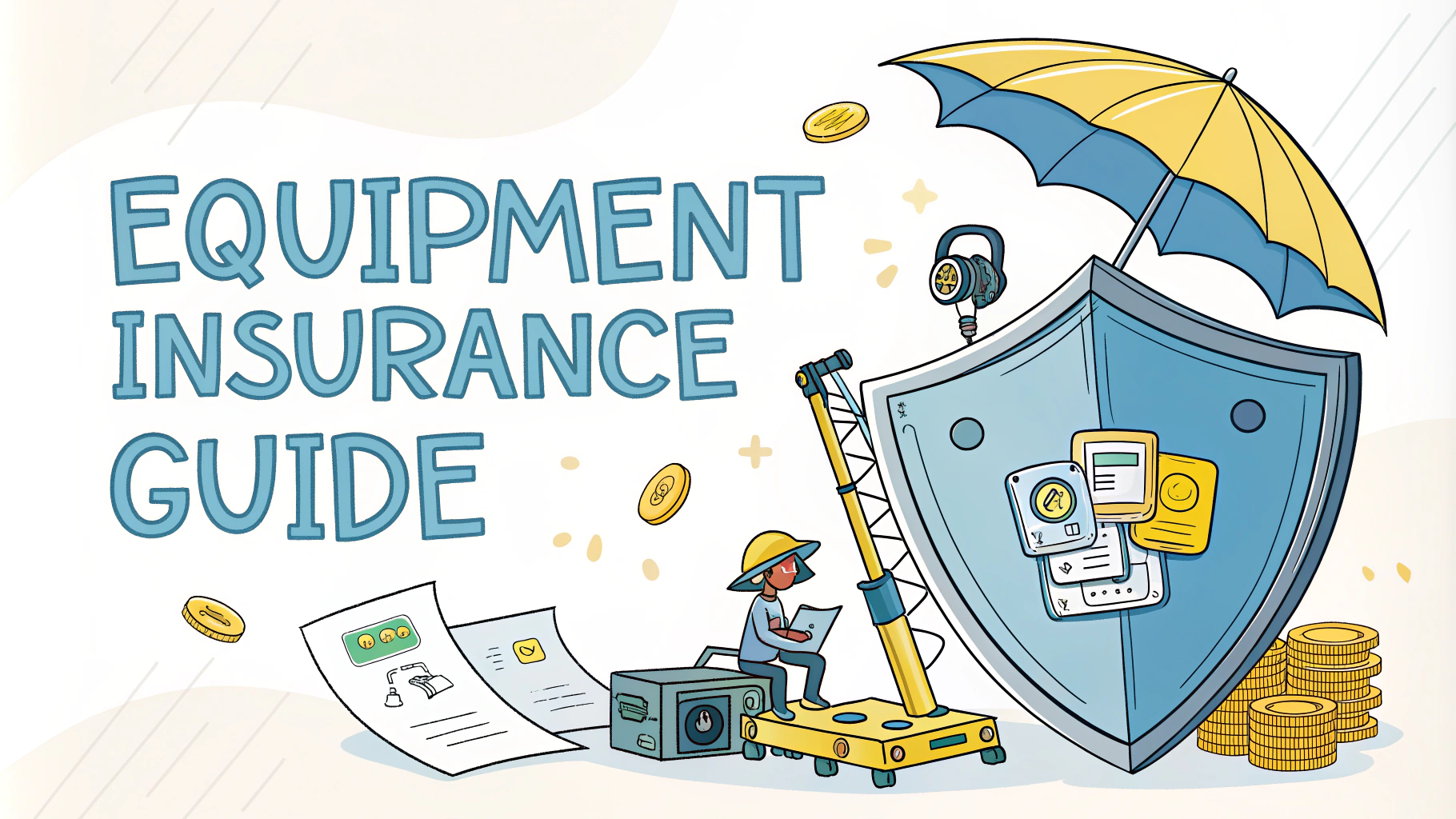Podcast revenue requires strategic tax planning to maximize earnings and minimize tax liability.
Smart tax management can help podcasters keep more of their hard-earned income while staying compliant with tax regulations.
Understanding the tax implications of podcast income streams helps creators make informed financial decisions and avoid costly mistakes.
Income Classification for Podcasters
Most podcasters operate as self-employed individuals, making their podcast income subject to self-employment tax.
- Ad revenue
- Sponsorships
- Merchandise sales
- Crowdfunding/donations
- Premium content subscriptions
- Affiliate marketing commissions
Deductible Business Expenses
Recording equipment and software costs can be deducted as business expenses.
- Microphones and audio interfaces
- Editing software subscriptions
- Website hosting fees
- Home office space
- Marketing expenses
- Professional services (accounting, legal)
Business Structure Options
Choosing the right business structure impacts tax obligations and liability protection.
| Structure | Tax Treatment | Benefits |
|---|---|---|
| Sole Proprietorship | Personal tax return | Simple setup, low cost |
| LLC | Pass-through taxation | Liability protection |
| S-Corporation | Split income treatment | Potential tax savings |
Quarterly Tax Payments
Setting aside money for quarterly estimated tax payments helps avoid penalties and surprises.
- Due dates: April 15, June 15, September 15, January 15
- Calculate based on projected annual income
- Include both income tax and self-employment tax
Record Keeping Best Practices
Maintain organized financial records throughout the year for accurate tax reporting.
- Track all income sources separately
- Keep receipts for business expenses
- Use accounting software for podcasters
- Document business miles and travel expenses
- Save contracts and agreements
Tax Planning Strategies
Implement these tax-saving strategies throughout the year:
- Time major equipment purchases strategically
- Consider retirement account contributions
- Separate personal and business finances
- Research state-specific tax requirements
- Plan charitable contributions
Working with Tax Professionals
Find a tax professional who understands digital media and content creation businesses.
Consider working with AICPA-certified accountants who specialize in self-employed individuals.
Making Tax Season Easier
Start preparing for tax season early by implementing these practices:
- Set up a dedicated business bank account
- Schedule monthly financial review sessions
- Use expense tracking apps
- Save digital copies of important documents
- Consider tax implications before making business decisions
Tax Deadlines and Extensions
Understanding key tax deadlines helps podcasters stay compliant and avoid penalties.
- Annual tax return due April 15
- Extension requests available until October 15
- State tax deadlines may vary
- Keep track of 1099 form deadlines
- Schedule tax preparation appointments early
International Tax Considerations
Podcasters with international audiences need to understand global tax implications.
- Foreign earned income reporting
- International sponsorship agreements
- Currency conversion documentation
- Cross-border payment platforms
- VAT considerations for digital products
Common Tax Mistakes to Avoid
Being aware of common pitfalls helps prevent costly errors.
- Mixing personal and business expenses
- Missing quarterly payment deadlines
- Overlooking deductible expenses
- Improper income classification
- Insufficient documentation
Building Long-Term Tax Success
Sustainable tax management is crucial for podcast business growth and compliance.
- Develop a comprehensive tax strategy
- Stay informed about tax law changes
- Build relationships with tax professionals
- Maintain organized financial systems
- Plan for business expansion tax implications
FAQs
- How is podcast income taxed?
Revenue from podcasting is typically treated as self-employment income and must be reported on Schedule C of Form 1040. This includes advertising revenue, sponsorships, merchandise sales, and listener donations. - What expenses can podcast creators deduct on their taxes?
Deductible expenses include microphones, audio equipment, hosting fees, website costs, marketing expenses, home office space, editing software subscriptions, and professional services like accounting or legal fees. - Do I need to pay quarterly estimated taxes on my podcast income?
Yes, if you expect to owe $1,000 or more in taxes for the year, you must make quarterly estimated tax payments to avoid penalties. This includes both income tax and self-employment tax. - How should I track my podcast income and expenses?
Maintain separate business bank accounts, keep detailed records of all revenue streams, save receipts for expenses, and use accounting software to track all financial transactions related to your podcast. - What is the self-employment tax rate for podcasters?
The self-employment tax rate is 15.3%, which consists of 12.4% for Social Security and 2.9% for Medicare. You can deduct half of this tax on your income tax return. - Do I need to collect sales tax on podcast merchandise sales?
Yes, if you sell physical merchandise, you must collect and remit sales tax in states where you have nexus and where the products are being shipped to customers. - How do international sponsorship payments affect my taxes?
International sponsorship payments are still taxable income in your country of residence. You may need to report foreign income and should be aware of any tax treaties between countries. - What records should I keep for tax purposes?
Maintain records of all income sources, expense receipts, contracts, sponsorship agreements, mileage logs if traveling for podcast-related activities, and any correspondence with sponsors or service providers for at least three years. - Do I need to issue 1099 forms to contractors who work on my podcast?
Yes, if you pay any individual contractor $600 or more in a year for services like editing or production, you must issue them a 1099-NEC form. - Can I deduct equipment depreciation for my podcast setup?
Yes, you can depreciate expensive equipment used for podcasting over its useful life or potentially take advantage of Section 179 expensing for immediate deduction in the year of purchase.
